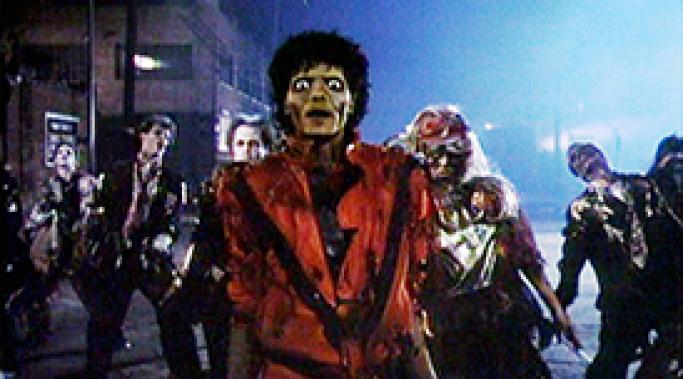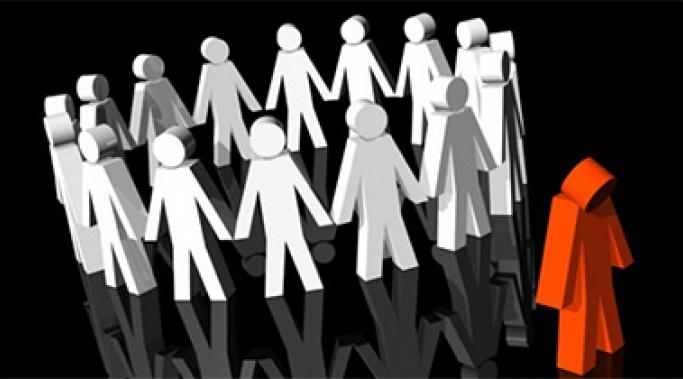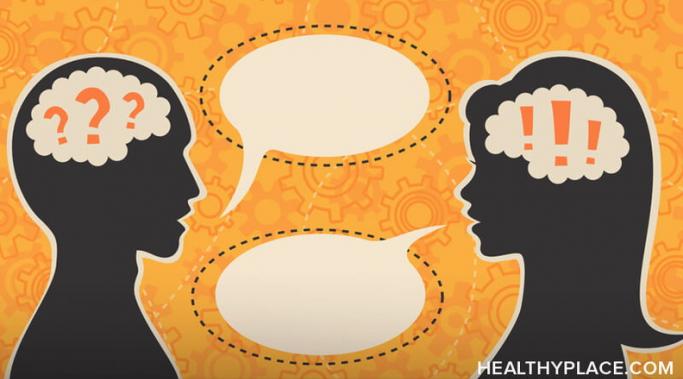When people have wrong ideas about those who suffer from a mental health issue, moods and relationships can be affected by this mental health stigma (Misunderstandings Can Contribute to Mental Health Stigma). Moods are affected by mental health stigma because when you allow these false ideas to affect you, quite often you will have poor self-esteem, which can lead to other effects such as isolation. Isolation is one of the worst parts of mental illness and when you stay inside and shut yourself off from the world, the first thing to be affected is relationships which can then lead to or add to low moods.
Stigma and Society's Perception of Mental Illness
There are plenty of ways stigma surfaces around Halloween (Mental Illness Stigma And Halloween: A Teachable Moment) and this include stigmatizing Halloween costumes. Typically, we hear about costumes that are promoting hurtful stereotypes for cultural or racial groups and the posts start asking people to not wear those costumes because of the messages they send. Brock University in Ontario, Canada has even banned these types of costumes, as well as costumes that make light of mental health issues, and those costumes certainly are cropping up, too. So far I’ve seen one costume that is supposed to be a “skitzo” and then there is the widely spoken-against self-harm costume that was listed on Walmart’s website before it was taken down and an apology was issued. Here's how you might responde to these stigmatizing costumes used for Halloween.
There are many ways that people cope with and treat mental illnesses, whether it be different types of mental health therapy, meditation, exercise, or medication. The list could go on and what it shows is that for each person something different will work. It’s part of the complex nature of these illnesses and part of the mystery that still needs solving.
Mental health stigma at school from peers can lead to bullying. Bullying can be an extremely difficult and traumatizing problem for children, especially those with mental health issues. Short term, when a child is being bullied and has a mental health problem, additional problems may add to their original diagnosis. These could be anything from social anxiety problems to depression. Further, during a child's critical formative years, mental health stigma at school (as bullying) affects the child for years to come. Here are some things you can do when your child faces mental health stigma at school.
Social isolation caused by mental health stigma can be debilitating. Many people are aware of social anxiety disorder, but social isolation is a form of anxiety where a mental health patient is not in a care facility but their own home and has a hard time facing the many forms of mental health stigma in society (Mental Illness, Isolation, and Loneliness).
Fighting mental health stigma isn't done by walking away. Although, in general, “walk away” is actually some pretty solid advice. If you’re looking to avoid confrontation, triggers, frustrations or other detrimental situations, then yes, by all means, please save yourself the grief and trouble by walking away. But as someone looking to advocate against the stigma of mental illnesses, I know that walking away doesn't help fight mental health stigma.
Some people don't realize it, but mental health stigma can affect those in school or career training. This stigma, which affects people with mental health issues from elementary to post-secondary training, not only hurts the person involved when it happens, it can create barriers that keep the person from finding the right job, making a living, and having what he or she deserves--a full and productive life. Mental health stigma is almost always unfounded; for example, when people think of schizophrenia as having links to violent crime, and it is also extremely unfair to the person who is being stigmatised in the classroom. Don't let mental health stigma stop your career training or schooling.
Sometimes even mental health advocates suffer self-stigma. There’s a lot more to advocacy than meets the eye (It's Critical to Be an Advocate for Those With Mental Illness). It’s not just standing up and saying or writing some words and expecting everyone to believe it – it’s about living the words, too. The challenge that comes with being a mental health advocate is that it creates an image or expectation of how people will see you. A mental health advocate's self-stigma can be a problem.
The stigma of talking about mental illness shows itself in mental health conversations and proves again and again to be a double-edged sword. On the one side, there is the potential to help many people who are otherwise left in the dark and suffering in silence. Talking about mental illness can also bring awareness to people who had stigma-driven ideas of what mental health is and change their minds. Essentially, talking about mental illnesses can slice through the negative and bring about positive change (Stop Minimizing Mental Illness: Worst Things to Say). That same sword is also often used to parry against the truth of mental illness. Some people just don’t get it (and don't want to get it). They keep the ignorance of mental illness alive by talking about mental illnesses incorrectly. There can be stigma in talking about mental illness.
Excoriation disorder is more than just a habit and words around it can stigmatize. Body-focused repetitive behaviors like excoriation (also called dermatillomania and skin-picking disorder) are more than bad habits one can break. The disease is difficult enough to deal with without the misunderstandings and stigma. Very few people know about this group of obsessive-compulsive related disorders (OCD) despite increased awareness efforts from within the body-focused repetitive behaviors (BFRB) community and even outside sources. It's important to remember that words can be stigmatizing and that excoriation is more than just a habit.









